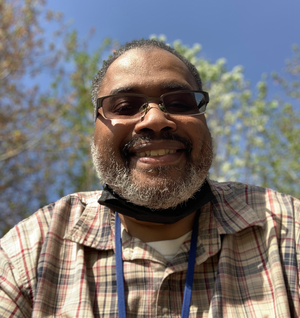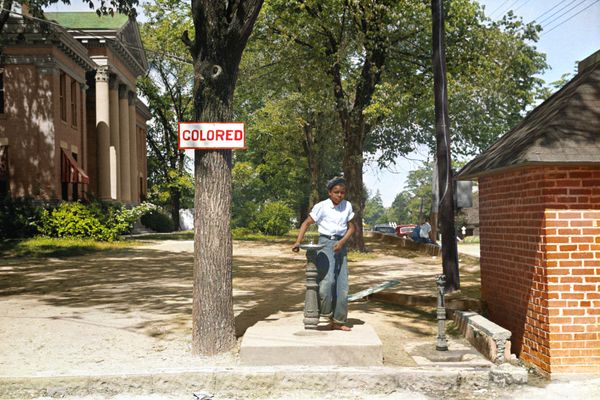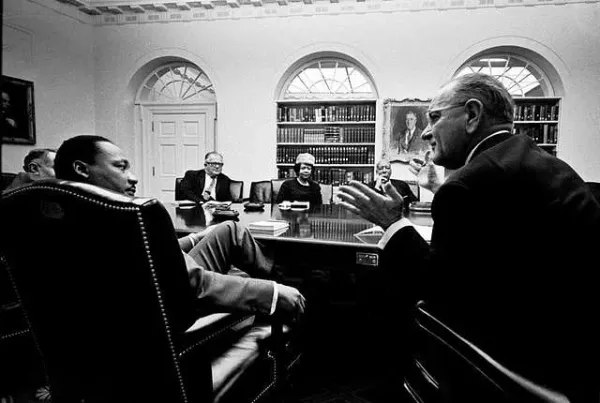Welcome to the latest front of the culture war between conservatives and liberals, “Critical Race Theory.” What most on either side of the issue do not realize is that objectively speaking, “Critical Race Theory” should be heartily supported by traditional conservatives. However, the key terms in the previous sentence are “traditional conservatives,” which will be addressed later in this article.
What is the classic definition of political conservatism? Check a dozen of the most respected references, and as with political liberalism, there are a dozen different answers. In fact, there are more similarities than differences between the two political schools of thought.
Consider the following statements of principle:
- People are normally responsible for their own conduct.
- Government should minimize its involvement in people’s lives.
- People should earn their way in life and not depend solely upon charity.
- People should not be prejudiced against others’ race, religion, or ethnicity.
- People should obey the law and respect the rights of others.
- Moral truths are permanent.
In this writer’s experience, almost everyone of every political stripe will agree with all those statements for different reasons, giving truth to the old saying, “There’s more that unites us than divides us.”
Critical Race Theory
Just as it was necessary to define conservatism, Critical Race Theory (CRT) must also be defined. The Pointer Institute provides an accessible description:
[CRT] holds that racism is part of a broader pattern in America: It is woven into laws, and it shows up in who gets a job interview, the sort of home loans people are offered, how they are treated by police, and other facets of daily life large and small.
—Jon Greenberg and Amy Sherman, poynter.org
In other words, Critical Race Theory states that racism is not an aberration, but a tragically normal part of daily life for Black, Indigenous, and People of Color (BIPOC) in America, a facet of everyday existence forced upon them by law and tradition. CRT clearly implies that racism and bigotry are endemic in every walk of life, a trap from which BIPOC cannot escape without a fundamental change in our nation’s laws, culture, and society itself.
Unfortunately, there are many who, whether as matters of political philosophy or ignorance of what CRT really is, are adamantly opposed to allowing even discussion or debate of CRT in any academic setting.
Opposition to Critical Race Theory
Blaming CRT for “Identity Politics”
In their article Critical Race Theory, the New Intolerance, and Its Grip on America, Jonathan Butcher and Mike Gonzalez of the influential conservative think-tank Heritage Foundation rail against CRT, blaming the movement for all America’s current racial ills. In the article, the authors imply that not only is racism in America neither systemic nor pervasive, but also that CRT is itself responsible for ‘identity politics,’ and for the government being forced to accept identities such as “Hispanic” and “Asian-American.” They further decry the promulgation of CRT information in all educational settings, from primary to post-secondary.
Their opposition is an example of what is perhaps the most troubling tendency of those who oppose CRT and efforts to redress the racial inequities of America: The rejection of information not because the information itself is true or false, but because the mere discussion of the information is seen as a threat.
State Legislation against Critical Race Theory
Last Thursday, the Florida Board of Education approved Governor Ron DeSantis’ request to ban the teaching of Critical Race Theory Florida and the use of The 1619 Project in public schools, a move other states are following. In Florida, the bad in particularly curious as Critical Race Theory is not being taught in public schools.
For those unfamiliar with the latter program, CBS News describes The 1619 Project as . . . a Pulitzer Prize-winning New York Times Magazine project that details the history of America through a collection of essays and resources that look at how slavery shaped the country since the first slaves arrived. It is available to schools as a teaching resource.
Federal Legislation against Critical Race Theory
On May 14, 2021, Rep. Burgess Owens (UT-04) introduced legislation to prevent funding for education programs informed by Critical Race. In his comment concerning the bill, Rep. Owens states, “I grew up attending segregated schools in the Jim Crow South during a time when people were treated differently based on the color of their skin. Critical Race Theory preserves this way of thinking and undermines civil rights, constitutionally guaranteed equal protection before the law, and U.S. institutions at large.”
An argument could be made that his comment is an example of cognitive dissonance; after all, how could mere discussion of racism’s effect on America preserve “Jim Crow thinking” and undermine civil rights? A statement by Rep. Byron Donalds (FL-19), one of the bill’s co-sponsors, appears to indicate that the civil rights and constitutional protections undermined by CRT would be those of white people.
In response to these attacks, the National Council for the Social Studies, the largest professional association in America devoted solely to social studies education, released a statement castigating such efforts to ban CRT and The 1619 Project, warning that failing to teach about slavery and racism was “miseducation.”
It is as if conservatives are presenting American academia with a choice: Either teach our nation’s history as we wish it had been or don’t teach it at all.
Linking Critical Race Theory to Marxism
The last great conservative criticism of CRT is that its beginnings can be traced directly to Critical Theory, a sociopolitical philosophy directly influenced by none other than Karl Marx, the ‘father of socialism.’ In the eyes of many conservatives, perhaps the single greatest condemnation leveled against programs or ideas is for such to openly embrace socialist ideals, regardless of how beneficial they are to the American people. Social Security comes to mind.
Traditional Conservatism and Its Call for Reform
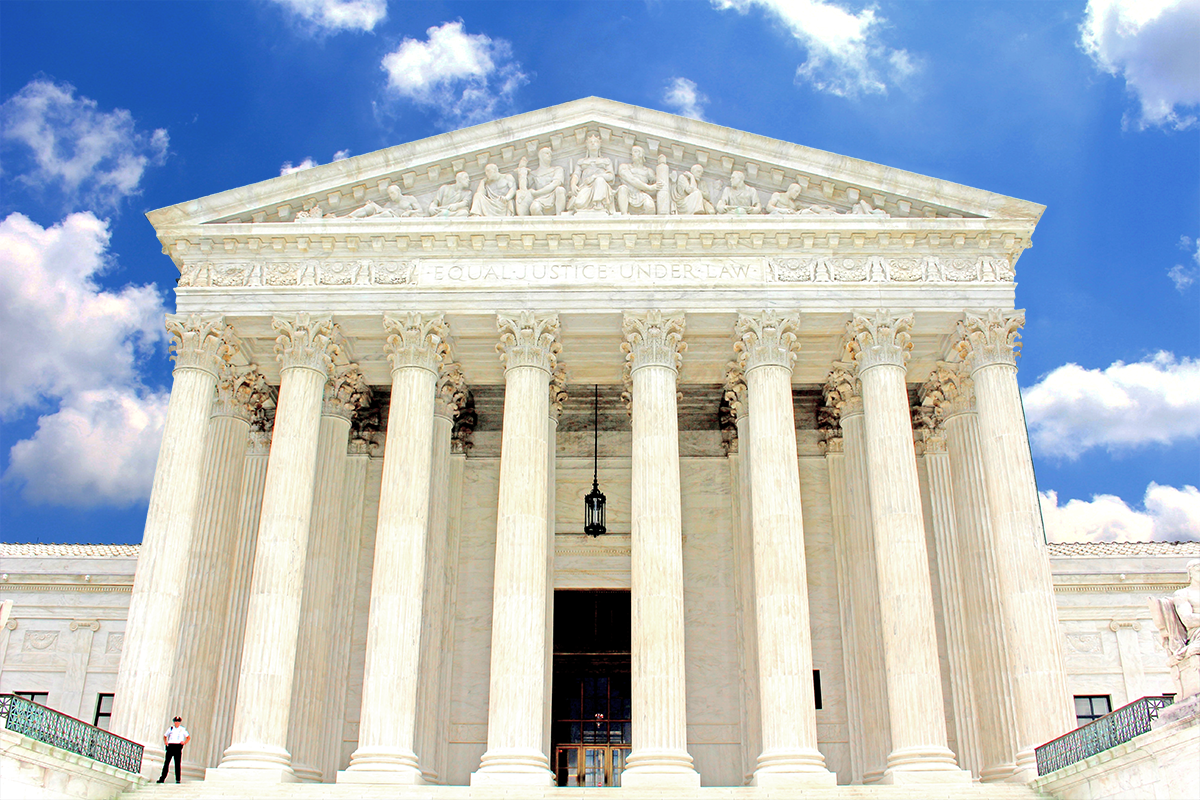
What is a ‘traditional conservative’? According to political and cultural commentator David Brooks, traditional conservatives didn’t see society as a battle between government and the private sector, but as an ecosystem in which the layers of individual, family, company, neighborhood, religion, city, and national government functioned harmoniously.
Contrast such a framework against President Reagan’s statement, “The most terrifying words in the English language are: I'm from the government and I'm here to help.”
Today, few rank-and-file conservatives would know the name of Russell Kirk, whose influence on American conservatism was such that in the words of Supreme Court Justice Anton Scalia, “No one had a greater role in the formation of American conservative thought. And no more courteous nor one devoted to the United States of America, could be imagined.”
One of Kirk’s seminal works was his essay, Ten Conservative Principles, the sixth principle of which is most pertinent to this article:
Sixth, conservatives are chastened by their principle of imperfectability. Human nature suffers irremediably from certain grave faults, the conservatives know. Man being imperfect, no perfect social order ever can be created…. All that we reasonably can expect is a tolerably ordered, just, and free society, in which some evils, maladjustments, and suffering will continue to lurk. By proper attention to prudent reform, we may preserve and improve this tolerable order . . .
—Russell Kirk, Ten Conservative Principles
In so many words, Kirk is saying conservatives aren’t perfect and we will never be perfect, but ‘by proper attention to prudent reform, we may preserve and improve this tolerable order.’”
Our Laws, Customs, Traditions, and Economy
It is an article of faith among many conservatives today that racism in America is neither systemic nor pervasive, much less woven into the very fabric of our nation’s laws, customs, traditions, and economy.
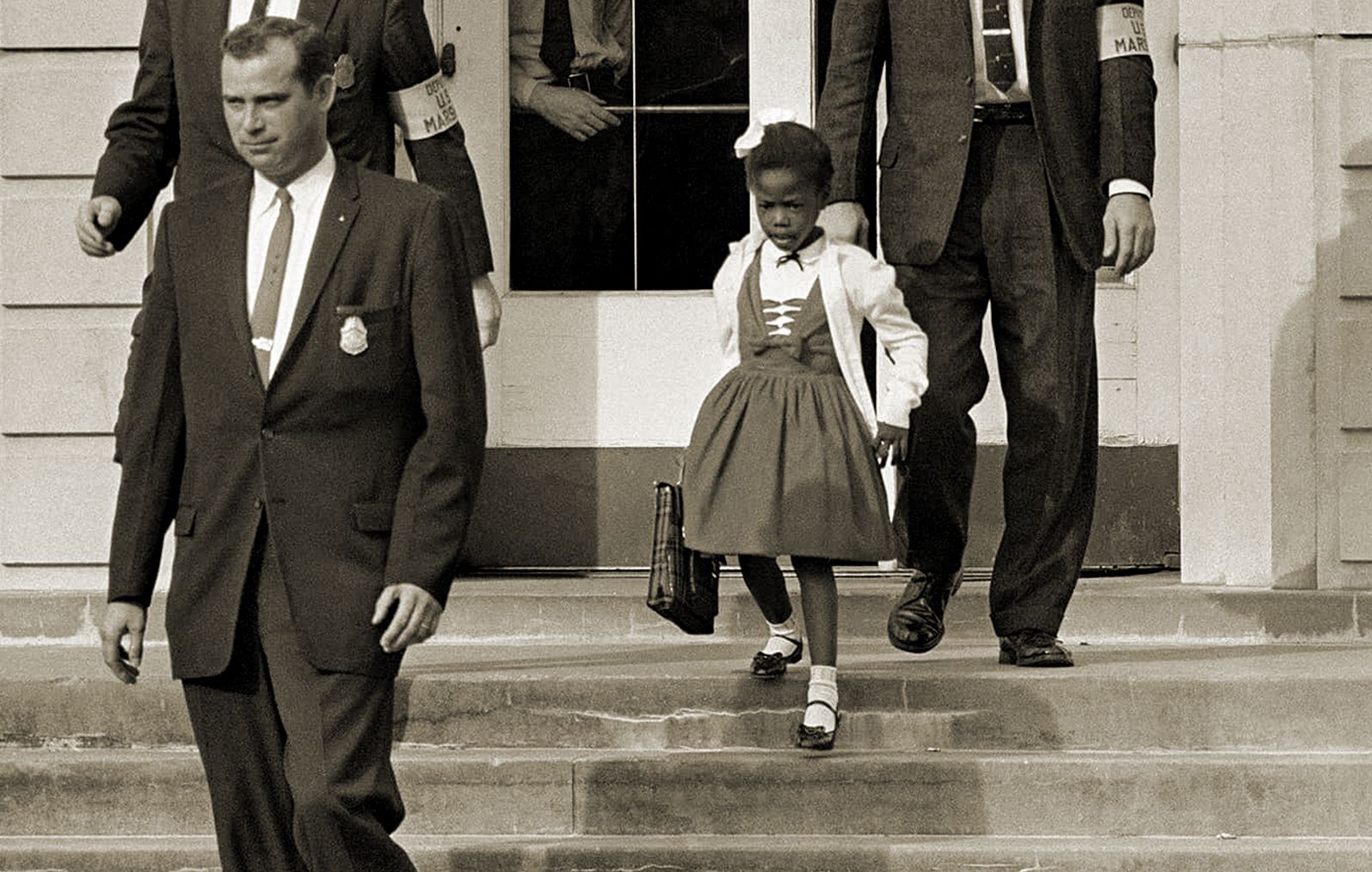
For instance, it would seem equitable to many that local property taxes should fund local schools—“We’re all paying for own children’s education. How can that be racist?” might be the response. Problem is, rich white suburbs are able to pay much more per capita in taxes than poverty-ridden majority-Black neighborhoods, so white children have access to much nicer schools, better teachers, and smaller class sizes.
Then there is the matter of racial disparity in jail sentencing. Time and again, studies have found that even when convicted for the same crime and with similar backgrounds and records, Black men are sentenced to significantly longer jail terms than white men. Even though modern conservatives appear to deny the disparity, this seems an obvious example of what a traditional conservatives like Russell Kirk would consider a clear candidate for “proper attention to prudent reform.”
Equally troubling is the near-total lack of education of our children concerning outrages such as the Tulsa Race Massacre, the deadliest massacre of citizens in American history, or the MOVE Bombing in Philadelphia, where the police exploded ordnance against one building, and the Fire Department did nothing, allowing the fire to spread to destroy a total of sixty-one homes and kill six adults and five children. Neither the author of this article nor his children were ever taught about these atrocities in school.
Such examples of racism experienced by People of Color in general and Black men and women, in particular, are legion. We white people rarely grasp this fact for we are ignorant of these well-documented events and we do not experience it firsthand. What’s more, others refuse to acknowledge the microaggressions and unconscious racism that so many of us engage in every day.
Most of us harbor no malice towards Black, Indigenous, and People of Color, and so we think that our lack of malicious intent means that we cannot be racist. However, acts of racism do not require malice. Among white folks, no matter how well-meaning we might be, our continued support of customs, traditions, and laws—and particularly our intransigence against hearing what our race has done to other races for so many centuries—are themselves acts of racism. This is what Critical Race Theory is trying to help us all to learn.
The National Fabric
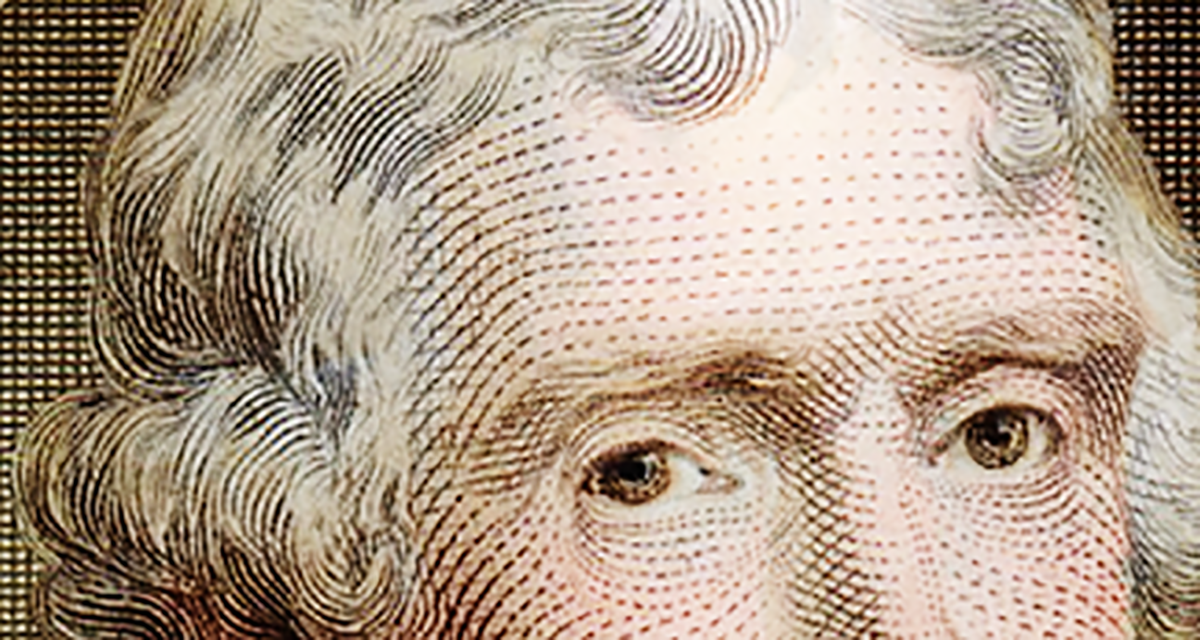
Racism is and has always been an indelible thread woven through every section of our national fabric from the very start. Let us examine the words of America’s founders laid down in our Declaration of Independence:
We hold these Truths to be self-evident, that all Men are created equal, that they are endowed by their Creator with certain unalienable Rights, that among these are Life, Liberty, and the Pursuit of Happiness—-That to secure these Rights, Governments are instituted among Men, deriving their just Powers from the Consent of the Governed, that whenever any Form of Government becomes destructive of these Ends, it is the Right of the People to alter or to abolish it, and to institute new Government, laying its Foundation on such Principles, and organizing its Powers in such Form, as to them shall seem most likely to effect their Safety and Happiness.
—The Declaration of Independence
Such high rhetoric and grand concepts in the name of liberty and freedom by courageous, great-hearted men! Never mind that most of these august, freedom-loving men owned enslaved people who—in the eyes of these selfsame ‘founding fathers’—were never equal, had no unalienable rights to life or liberty, much less to the pursuit of happiness, and who were owned from cradle-to-grave without anyone ever asking their consent. The efforts of these enslavers and those who supported the institution essentially cemented the culture and traditions, indeed the very spirit, of our nation.
Yet again, the words of Russell Kirk apply, demanding that all accept the imperfections and moral shortcomings of these men but also requiring prudent reform and improvement.
Common Threads
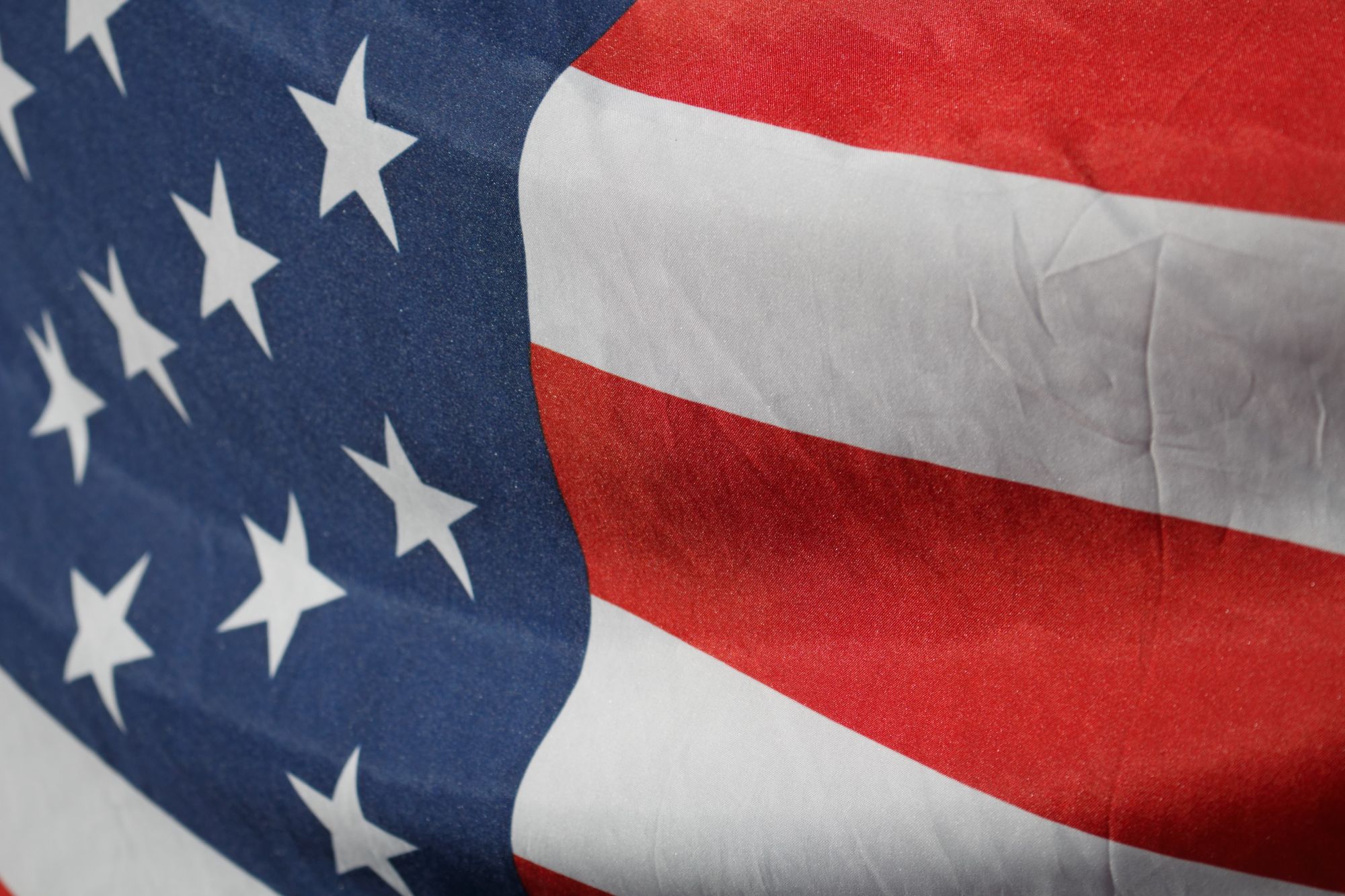
There is a common thread present in most conservative opposition to Critical Race Theory: CRT must be rejected, not because the information itself is true or false, but because even simple discussion of the information is seen as a threat.
America was once great in the eyes of many conservatives today. Perhaps they should be reminded that in the days when one person with a full-time job could pay for a house, a car, health care, education for the children of the household, and be able to count on a good pension for their golden years, most conservatives were actually ‘traditional conservatives in the mold of Russell Kirk. At that time, Dwight D. Eisenhower, a traditional conservative who supported a high minimum wage, equal pay, asylum for refugees, and support for unions.
This is another common thread evinced by the principles listed in the first section of this article: there is more that unites us than divides us. This unity, despite difference, is what traditional conservatives like President Eisenhower and Russell Kirk understood in their support of a “society that could function as a harmonious ecosystem.” Unfortunately, no societal ecosystem can be harmonious if nearly half of its inhabitants are subject to prejudice and injustice, great and small, every day of their lives, while most of the remainder deny the inequities even exist.
Only when those of a conservative bent return to traditional conservatism, to objective determination of the veracity of a theory’s claims before vehemently rejecting even the discussion of that theory in a classroom due to its perceived threat, can tens of millions of Americans begin to learn that yes, white privilege and microaggressions are real, that racism in America is both systemic and pervasive, and that mere classroom discussions of those facts do not in any way present a clear and present danger to America’s sovereignty, security, or culture.




